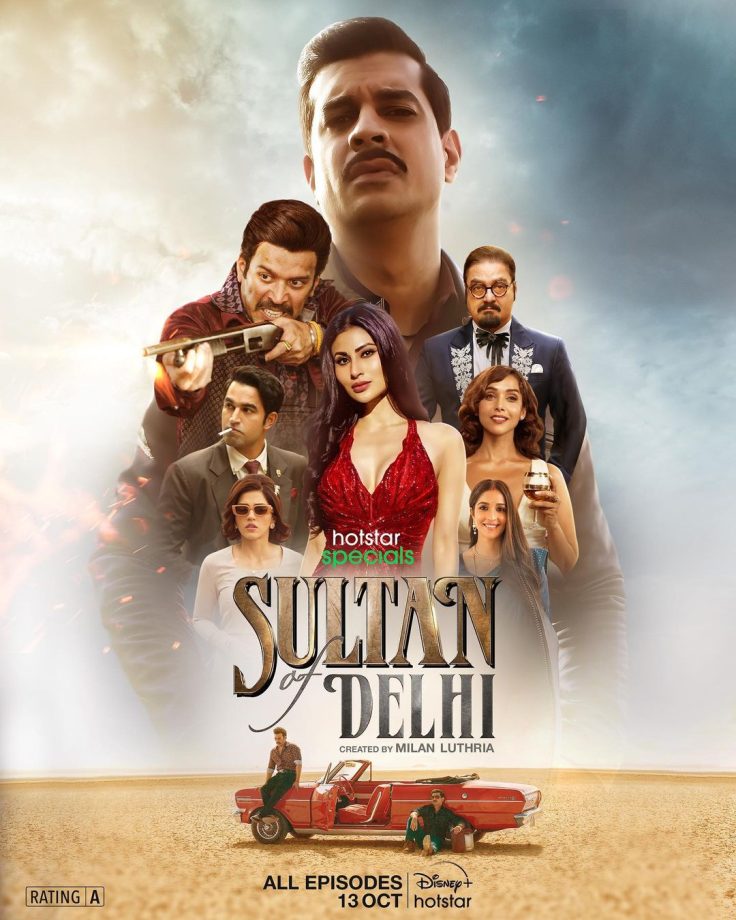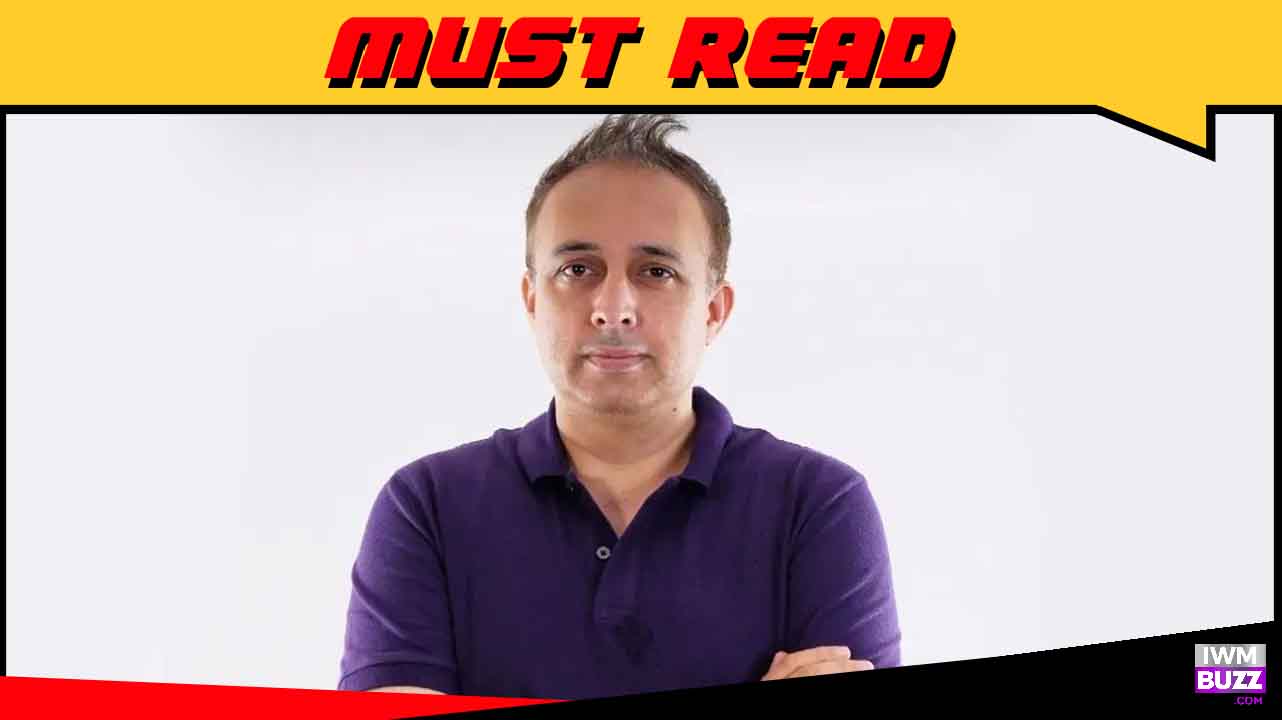Namit Sharma, the renowned personality, who has worn many hats in the world of media and entertainment, recently produced the web series Sultan of Delhi under the banner of Reliance Entertainment. Based on the book, Sultan of Delhi: Ascension by Arnab Ray, the series is directed by Milan Luthria and co-directed and co-written by Suparn Verma, the show will reimagine the charm of old India. Sultan of Delhi will stream from October 13. The series stars Tahir Raj Bhasin, Anjum Sharma, Vinay Pathak, Nishant Dahiya, Anupriya Goenka, Mouni Roy, Harleen Sethi, and Mehreen Pirzada.
In an exclusive conversation with IWMBuzz.com, Namit revealed the idea behind producing Sultan Of Delhi, the challenges he faced during the production of the series, the future of web series in India, and more. Read on:
Can you tell us what drew you to the idea of the Sultan Of Delhi?
The series is based on a book by the same name. A friend who was following a blog written by Arnab Ray (author of the book) asked me the check out the novel since I was hunting for subjects. Arnab’s team shared an early draft of the book with us and I was hooked. The characters are larger than life, the narrative is gripping and the tone of the book appealed to me because it spoke a universal language. Adapting the book to screen, however, has been a long process because we had to go through various versions before deciding to set the series in the 1960’s. The project truly took off when we managed to get filmmaker Milan Luthria on board as a showrunner and director. This was the best kind of decision because now we had someone who saw a lot of value in the subject and could actually take the vision to the next level.
What challenges did you face during the production of Sultan Of Delhi, and how did you overcome them?
We developed and wrote the series through the two COVID lockdowns in 2020 and 2021. So it took much longer to write than we had anticipated because everything was being done remotely and we couldn’t meet too often. As production was going to begin in early 2023, the omicron variant struck further pushing our shoot. A lot of schedules had to be managed because of these delays. Outside of that, the fact that India’s heritage structures are either too protected or not protected at all is a big problem for anyone creating a period series. So a lot of time and effort went into finding locations that could match the mood and style of the 60’s. This is my first period series as a producer but Milan sir is very experienced at creating the best-looking period dramas so we leaned on him a lot for solutions.

In the era of digital content, what do you believe sets Sultan Of Delhi apart from other web series, and what is its unique selling point?
The attempt is to create a clutter-breaking series that talks to a wide audience. Since it has been almost seven years since the series business took off there are some pre-conceived notions about what should be done. We have tried to break that pattern. Sultan of Delhi is a mass entertainer – it is meant to be accessible to all kinds of audiences who are interested in getting entertained.
What can viewers expect in terms of character development and plot twists in Sultan Of Delhi?
Between the book and the adaptation, there is a very rich tapestry of characters. Our writers Suparn Varma and Karan Vyas have written a banger of a script. We are hoping to keep audiences hooked with a wholesome mix of humour, drama, emotion, action, and thrills.
As a producer, what do you envision for the future of web series in India, and are there any other projects or genres you’re excited to explore in the near future?
The future is bright but we have to serve our audience better. We have to create less for ourselves and more for them. On a personal level, I am very excited about a new series we are creating for Jio Studios. Titled, Paan Parda Zarda, it is being helmed by Gurmmeet Singh (Mirzapur), Shilpi Dasgupta (Khandaani Shafakhaana), and Mrighdeep Singh Lamba (Fukrey series).
OTT platforms often allow for more creative freedom compared to traditional media. How has this influenced your approach as a producer, and how do you think it impacts storytelling?
This freedom is everything. I am a product of traditional media, having spent more than two decades working in TV, and this newfound freedom to pick and choose genres, and episodic lengths to dig deeper without boundaries is liberating. But what I have learnt in the last seven years while producing a series is that we have to be mature and use this freedom well. If we are judicious in our choices, this freedom will help us get better at what we do.
What challenges do you think the OTT industry may face in the future?
At a platform level there seems to be a lot of consolidation and rethinking about business models. There is going to be a lot of churn about what type of shows will work long-term. Which genres, how many episodes, and what budget is spent this conversation is crucial and it can only help all of us understand the way forward.


